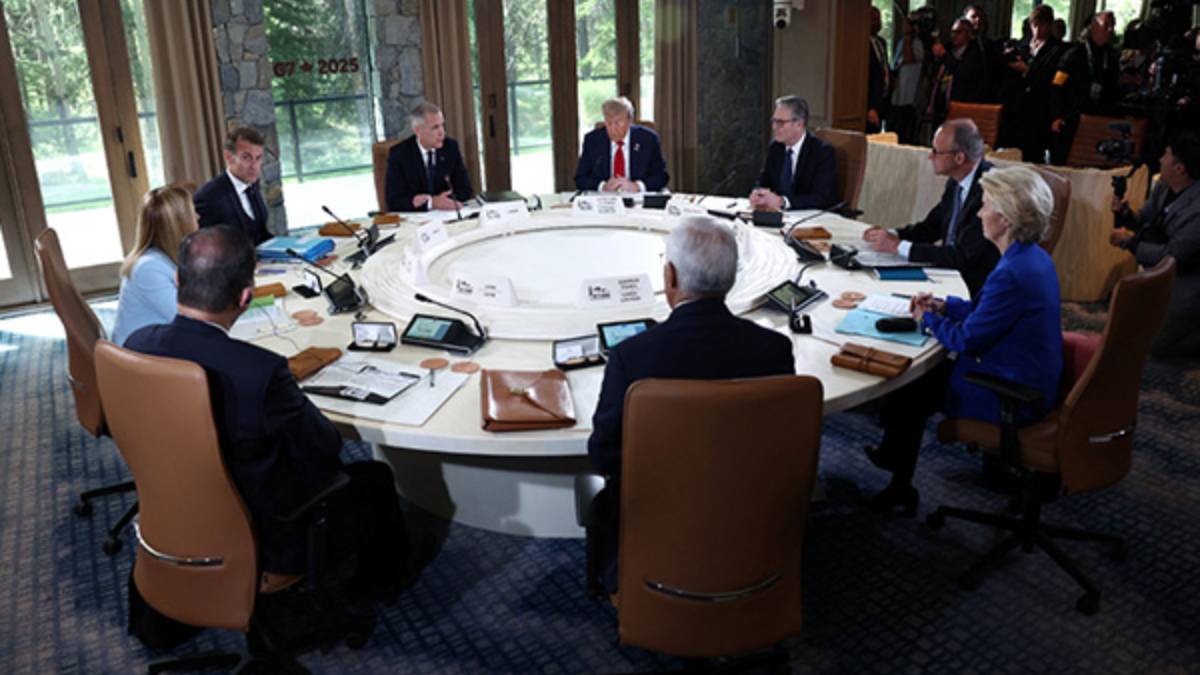Leaders of the G7 countries have pledged unified and intensified action to combat migrant smuggling, issuing a joint statement outlining key measures under the 2024 G7 Action Plan to Prevent and Counter the Smuggling of Migrants. The declaration reinforces commitments under the G7 Coalition to dismantle transnational criminal networks exploiting vulnerable migrants.
“We are determined to enhance border management and enforcement and dismantle the transnational organised crime groups profiting from both migrant smuggling and human trafficking,” the G7 statement affirmed.
Leaders stressed that migrant smuggling often intersects with other serious crimes such as money laundering, corruption, drug trafficking, and human trafficking, all of which undermine public safety and security.
Highlighting the dangers faced by migrants, the statement noted that smuggling operations expose people—especially women and children—to life-threatening risks, including physical abuse, sexual violence, extortion, forced labour, and other forms of exploitation.
Significant progress has been made, the G7 declared, in strengthening law enforcement, investigative capabilities, and international collaboration among police, border control, judiciary, and prosecution services.
To build on this momentum, the leaders directed their Interior and Security Ministers to accelerate implementation of the 2024 Action Plan by focusing on four priority areas:
- Financial Tracking: Enhancing the use of financial intelligence to “follow the money,” seize assets, disrupt illicit profit chains, and hold smuggling networks accountable.
- Prevention and Awareness: Working with countries of origin and transit to bolster border controls and educate communities about the dangers of irregular migration.
- Online Platform Regulation: Collaborating with social media and tech companies on voluntary principles to prevent smugglers from using digital platforms for recruitment and coordination.
- Transport Sector Engagement: Partnering with transport operators to prevent the misuse of infrastructure in illegal migration and block tactics that exploit migrants for destabilisation or hybrid warfare.
Additionally, G7 countries agreed to explore the use of sanctions against individuals and entities involved in smuggling operations, especially in states that permit such criminal activity.
The joint statement reiterated support for safe and legal migration pathways aligned with national policies, and reaffirmed commitment to protecting refugees and forcibly displaced persons from exploitation.
“We remain committed to countering all forms of abuse and exploitation of migrants,” the G7 leaders concluded, stressing their united resolve to defend vulnerable populations through globally coordinated action.





